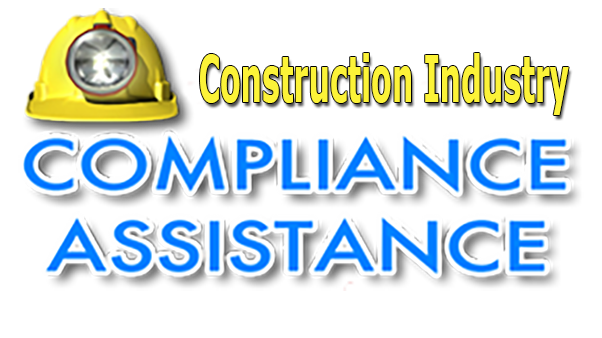
More Resources—Non-hazardous Construction and Demolition Waste Minimization
RCRA
INFOCUS Construction, Demolition, and Renovation.
Most C&D
debris is nonhazardous and is not regulated by EPA. Under RCRA, however,
if you generate hazardous waste you are required to follow certain procedures
when generating, storing, transporting, or disposing of it. In addition,
many states have specific definitions of C&D debris that effectively
determine what materials are allowed to be disposed of in nonhazardous
waste landfills, C&D landfills, or incinerators. Even if federal
or state regulations do not apply to your business, you should make efforts
to keep the hazardous components of the wastes you generate out of landfills
to conserve natural resources and protect human health and the environment.
Follow the suggestions outlined in this issue for ways to reduce, reuse,
and recycle your waste.
EPA's Construction and Demolition Debris Website
Includes sections on managing and reducing C&D debris. Also, a topic-based list of C&D resources can be found at this site.
Managing Your Environmental Responsibilities (MYER)
A Planning Guide for Construction and Development This document explains in detail the environmental obligations that construction companies can face across the various federal laws (stormwater, air, wetlands, waste, etc.). Use it to factor in costs during the bidding process, assign responsibilities and use the checklists to self-audit.
Thermostat Recycling Corporation
An industry funded group that collects old mercury containing thermostats.
State Demolition Information
State by state contact information about programs that relate to large-scale residential demolition.
Large-Scale Residential Demolition
If you are a local government (for example, a city, county or land bank) planning to renovate or demolish residential buildings, you must comply with various environmental regulations. This website provides an overview of these requirements.
